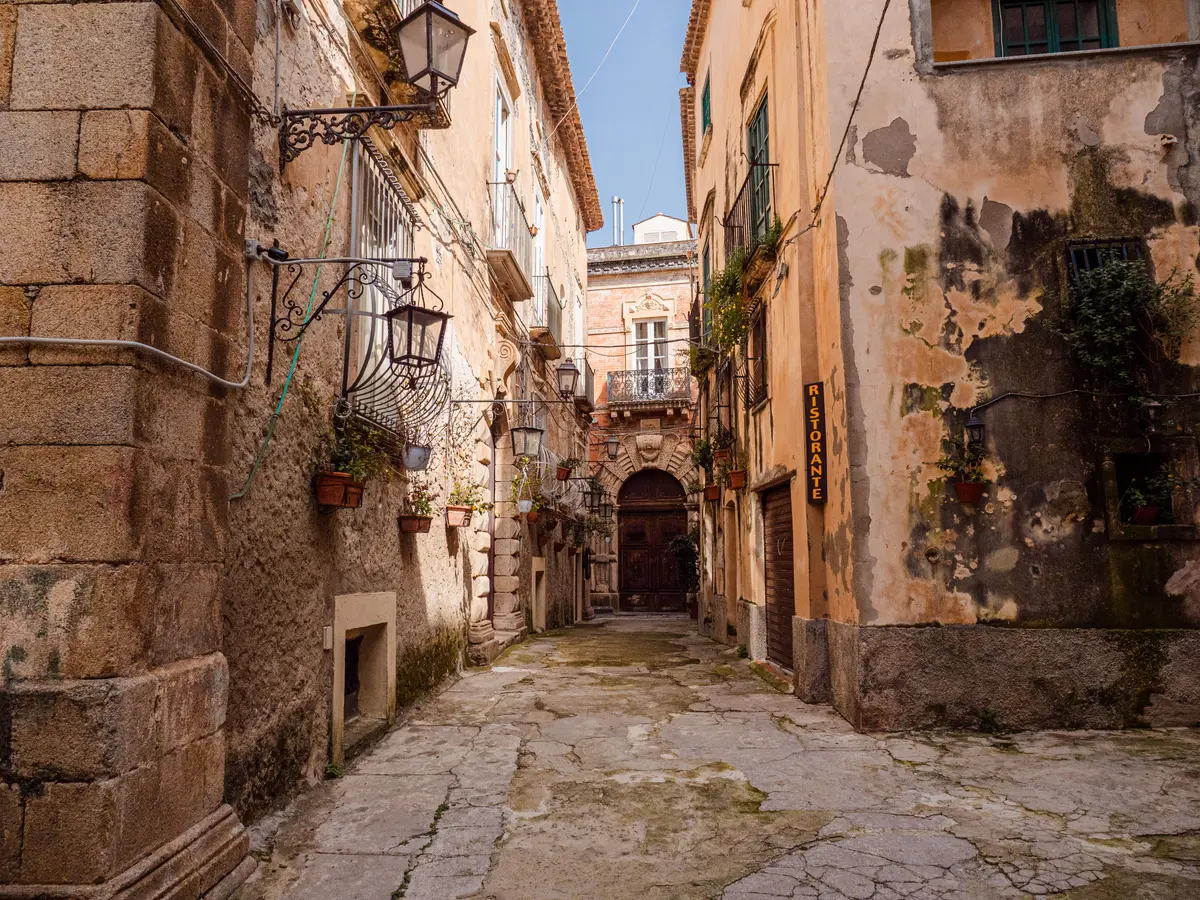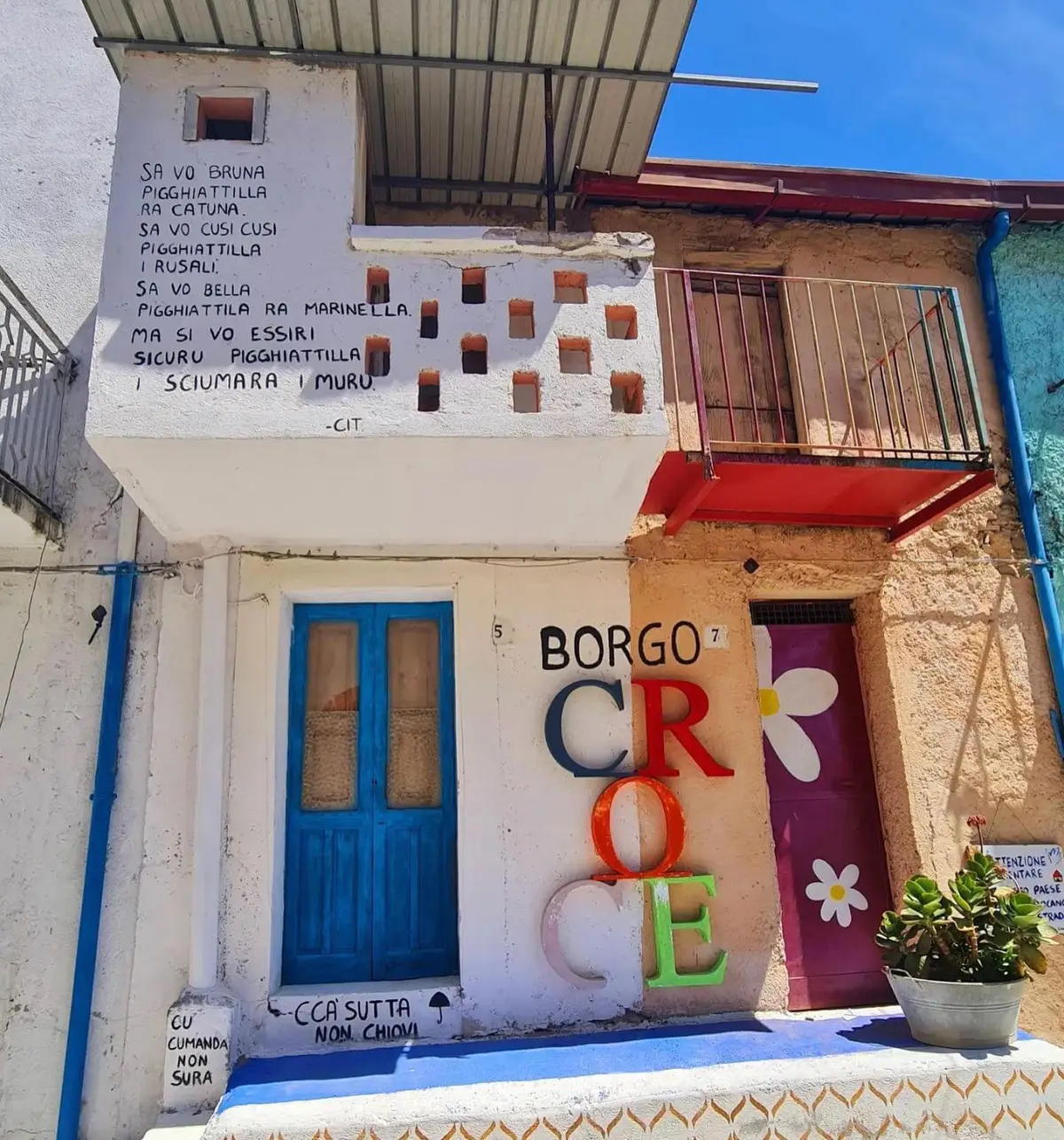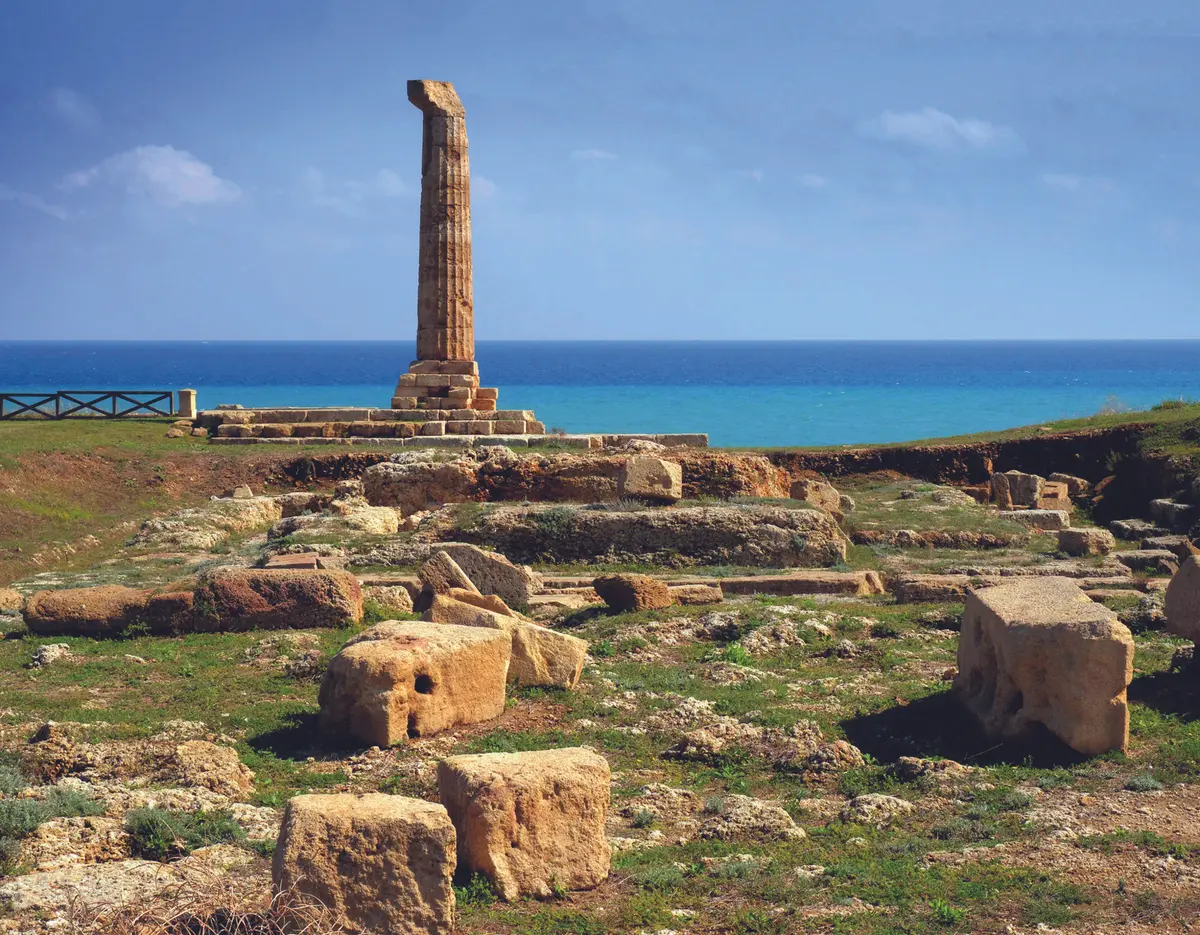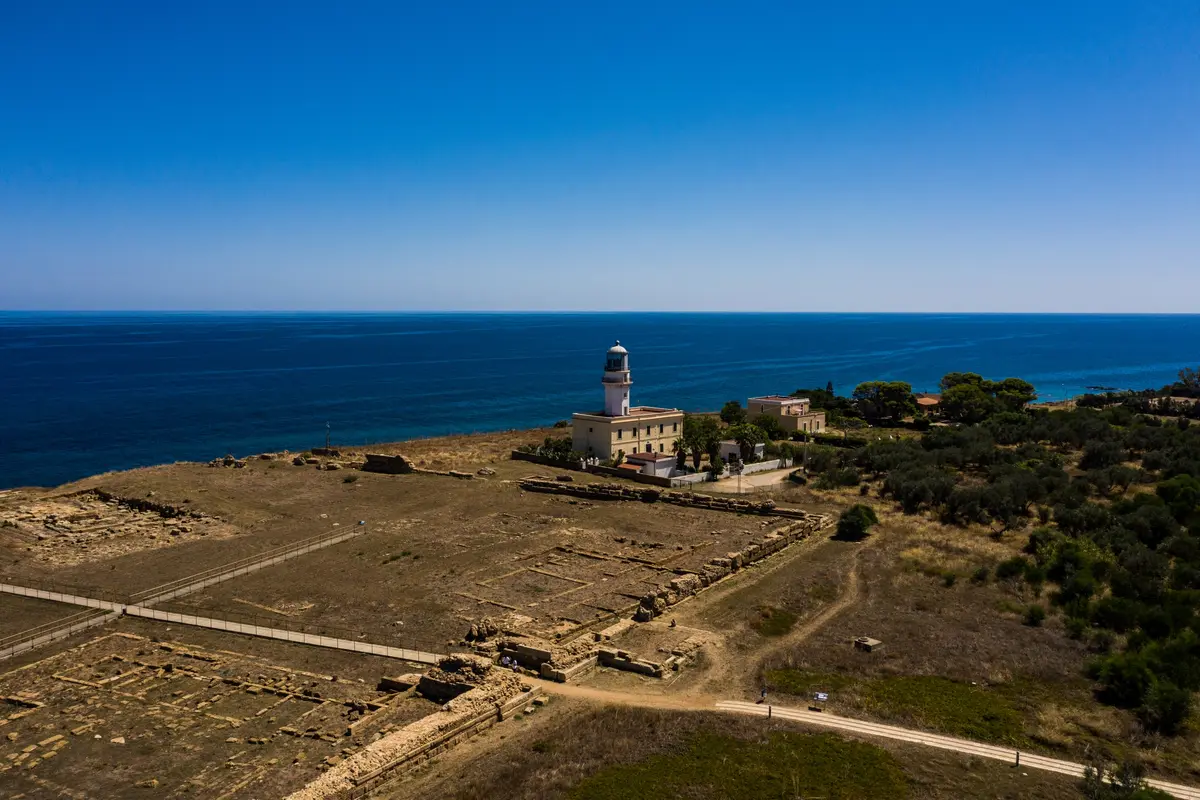Weekend in Crotone, the "City of Pythagoras"
Visiting the city of Crotone, what to see and do

Art and Culture
Crotone - Regione Calabria
The capital of a province with enchanting landscapes, suspended between the Middle Ionian Sea, along the so-called Costa dei Saraceni, and the Marchesato at the foot of the Sila plateau, Crotone is rightly known as the "City of Pythagoras".
It was in ancient Kroton, one of the most important polis of Magna Graecia and capital of a confederation, that the philosopher Pythagoras moved in 513 B.C. and founded one of the most famous schools of thought of antiquity.
Let's discover together the history, the sea and the traditions of this city with eternal charm.
Crotone and Pythagoras
Founded in the 8th century B.C. by Greek colonists from the region of Achaia, Crotone immediately became a political, religious and cultural centre of reference for the entire Magna Graecia region.
The Ionian Sea, the common denominator of these ancient peoples, bathes it as far as the promontory of Capo Colonna, where the ancient Temple of Hera Lacinia stood (of which only one symbolic column survives), now part of the "Capo Rizzuto" Protected Marine Area, one of the largest in Europe.
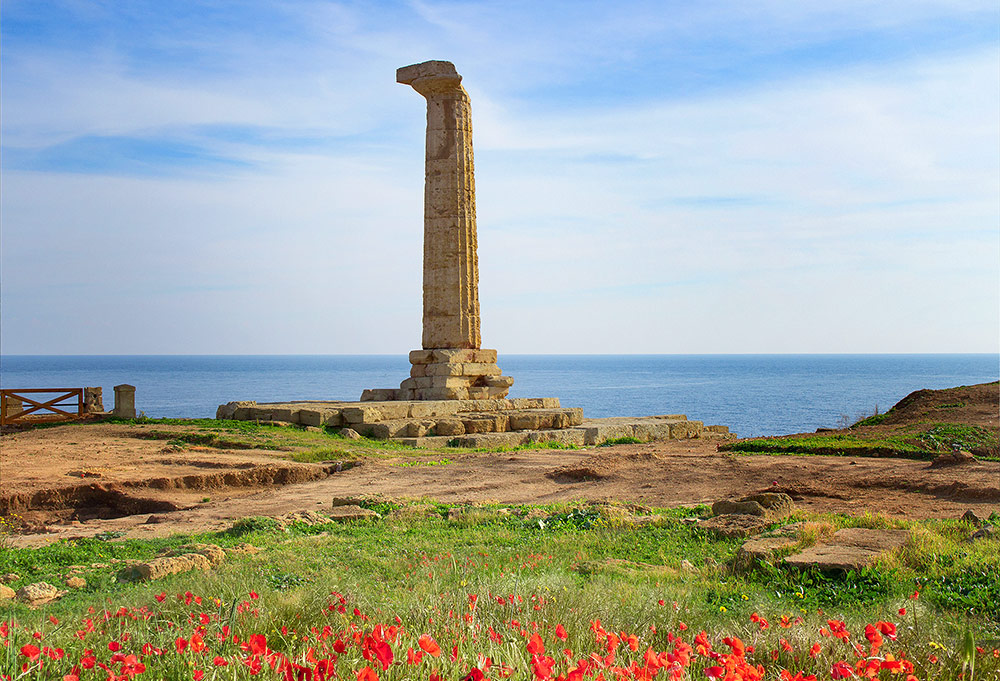
Around 530 B.C., the philosopher Pythagoras moved to what was then Kroton to found one of the most important schools of learning of the time. The Pythagorean School (or Italic School) was a centre of scientific, mathematical, philosophical and political knowledge with a focus on the art of music.
At this mystery school, Pythagoras and his disciples made Crotone one of the most eminent sites for Orphic-Dionysian rites.
Several anecdotes and discoveries are linked to the Pythagorean sect: among the former, the absolute ban on eating broad beans (to which a legend attributes the cause of the philosopher's death); among the discoveries, the famous Pythagorean Theorem and mathematical-geometric studies.
Today, the figure of the great philosopher and the Pythagorean School are witnessed by the valuable presence of the Pythagorean Museum and Gardens (also known as "Pythagoras Park"), a vast green area in the city, within the Pignera Park, which includes the Pythagorean Museum and a beautiful Hanging Garden designed as a belvedere over the park and the city.
The museum building consists of a partially underground body and one projecting over the park itself, joined by a spiral path. Inside is the so-called "Ludomatica", an interactive space dedicated to mathematics, the only one of its kind in southern Italy, alongside the permanent exhibition "Pitagora Docet", an exhibition of the works of national and international artists who have received the prestigious "Pitagora Prize".
What to see in Crotone
The historic centre of Crotone is a discovery of monuments, suggestive views of the sea and places where you can enjoy typical delicacies.
A stroll through the city allows you to visit some important museums, first and foremost the National Archaeological Museum, which exhibits the main artefacts found in the province from prehistoric to medieval times, with pieces of absolute rarity such as the Stele of Horo on crocodiles (Egyptian) and the Nuragic Ship.
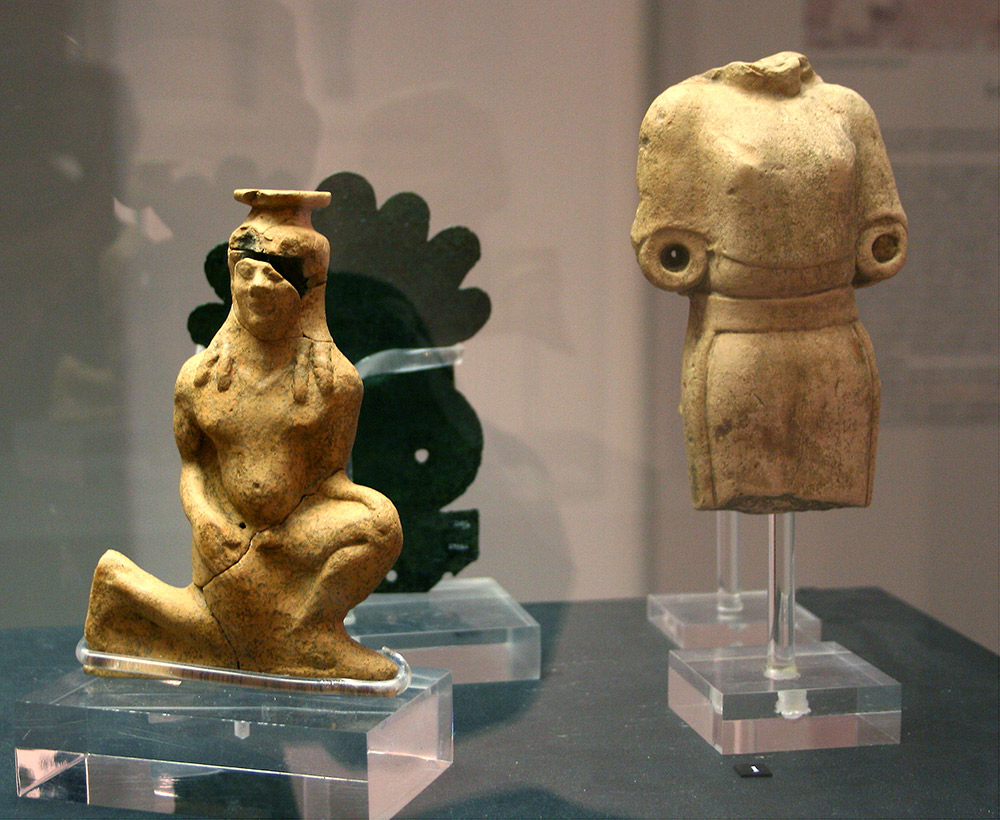
The centre of Crotone is dominated by the majestic Castle of Charles V, the original core of which dates back to the 15th century.
Built in 840 to defend the city from Saracen incursions, the castle of Crotone underwent substantial modifications under King Charles V (1541), who grafted the two towers, Aiutante Tower and Commander Tower, onto it.
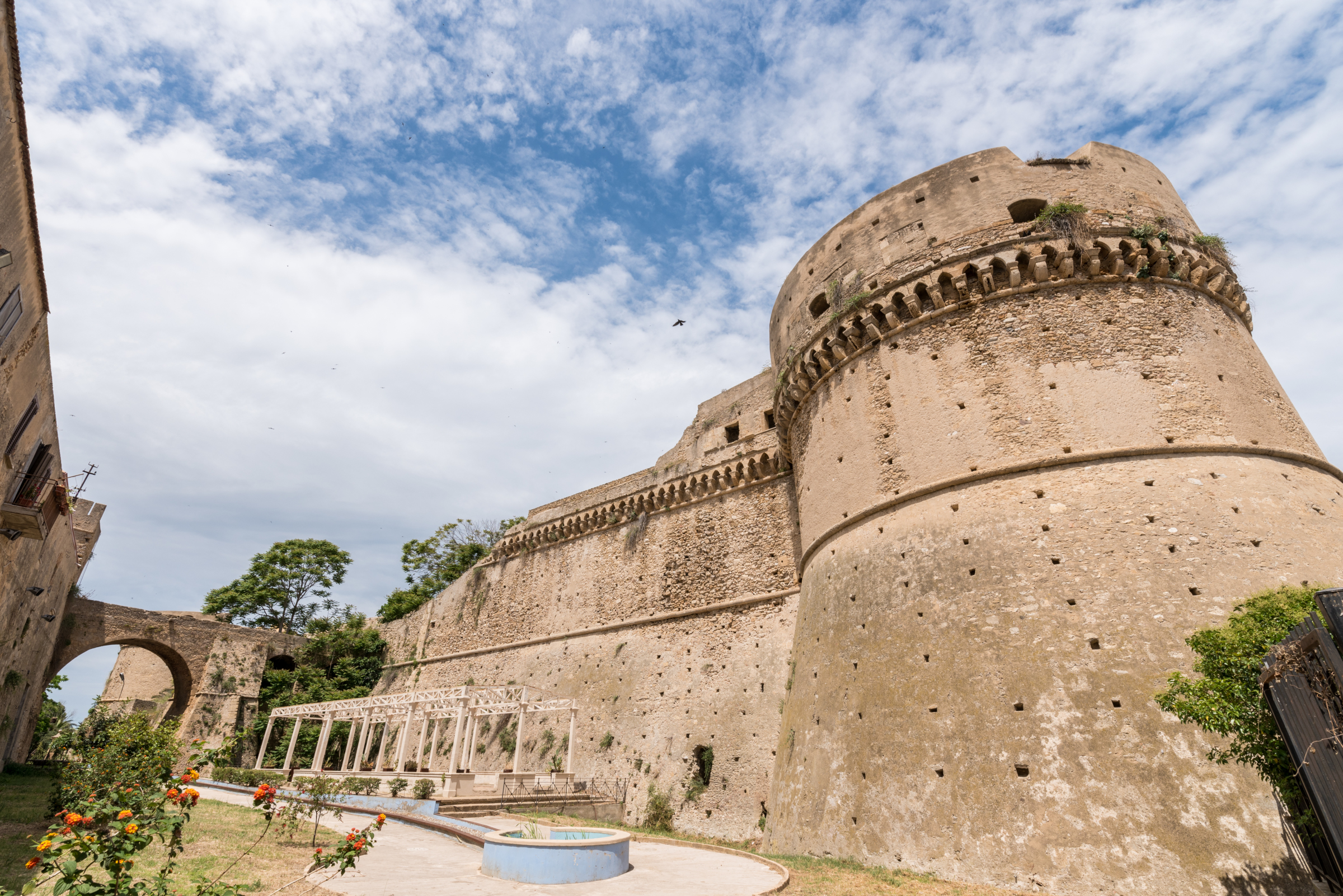
The building currently houses a section of the Municipal Museum and the "Armando Lucifero" Municipal Library. The Municipal Museum brings together various exhibits related to the history of the city, from the 15th to the 19th century.
The beautiful Cathedral dedicated to the Assumption, whose original layout dates back to the 9th century, is worth a visit. Inside is the Chapel of the Madonna di Capocolonna, where the precious Black Madonna is kept. Every year, she is the object of a heartfelt pilgrimage that takes her in a night-time procession to the small Sanctuary of Capo Colonna.
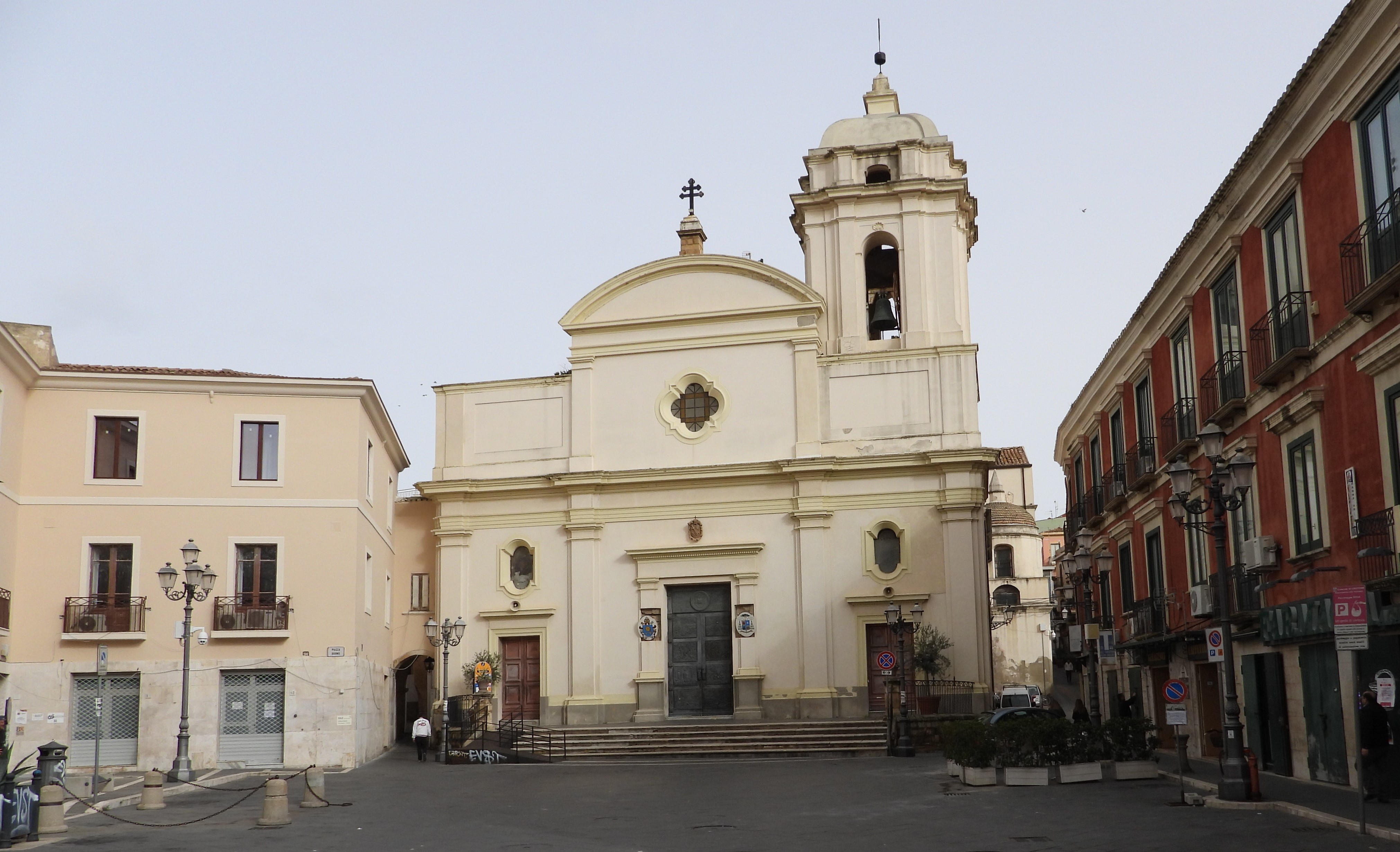
The Church of the Immaculate, on the other hand, preserves the only crucifix in the world in which Jesus has his eyes open, a moment before dying. The Church and Convent of Santa Chiara offer Neapolitan majolica flooring and a precious organ from the 18th century.
The absolute pride of the town is Crotone's Seafront, with its beautiful promenade lined with the nightlife venues.
A seafood lunch or dinner on the seafront is the best way to get to know the city's gourmet soul. Among the delicacies not to be missed are the typical Sardella crotonese (or Rosamarina), also known as "Caviar of Calabria", a typical fish and chilli cream to be spread on bread, and the renowned Pecorino Crotonese PDO.
https://calabriastraordinaria.it/en/news/weekend-in-crotone-the-city-of-pythagoras


